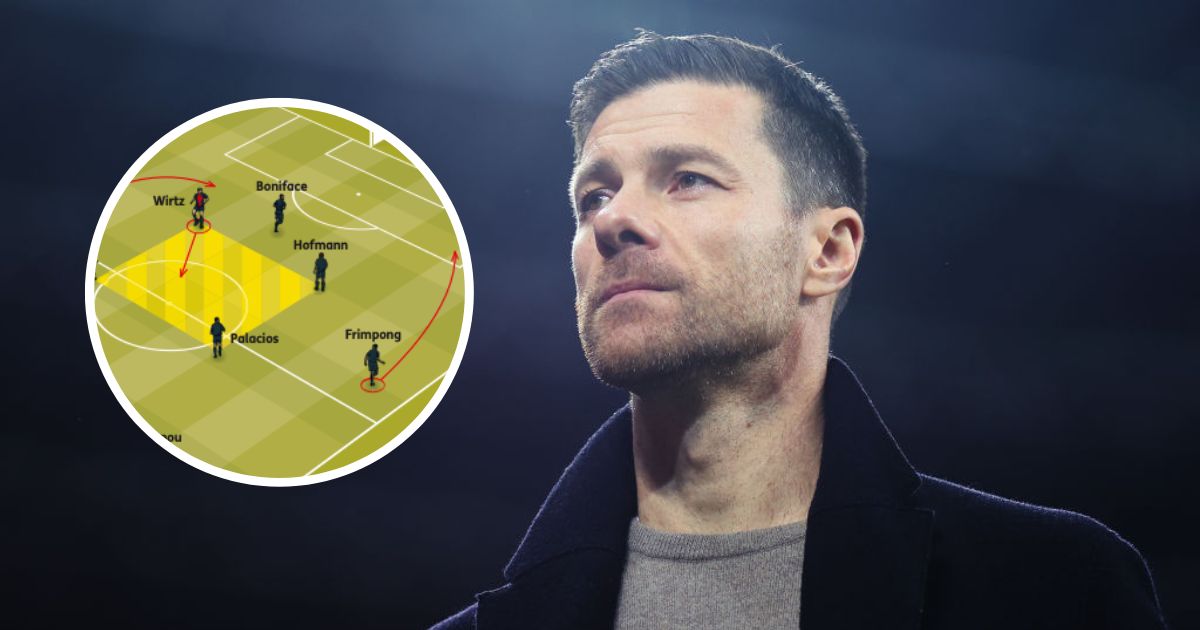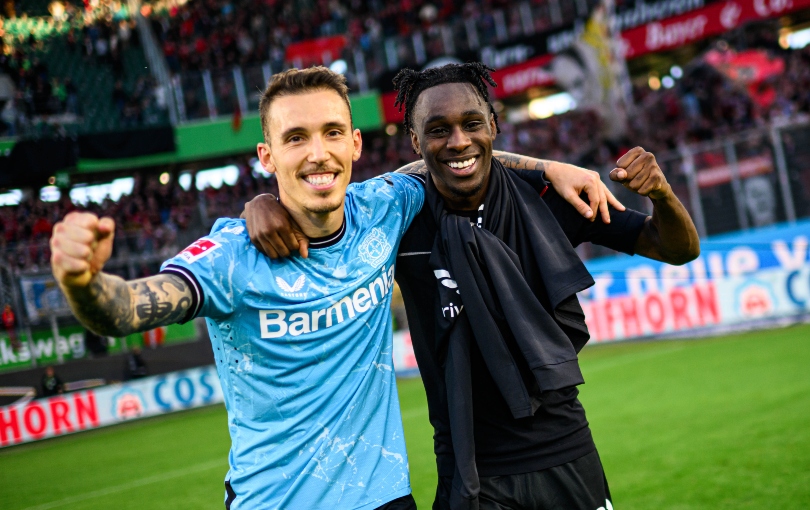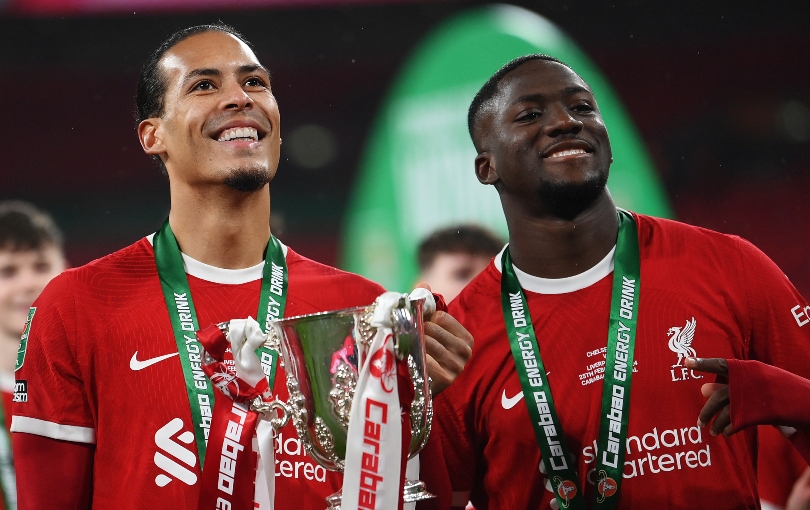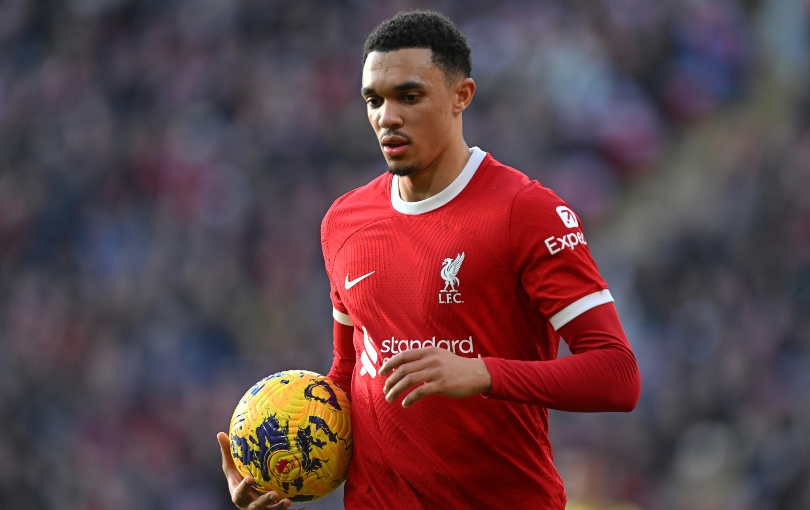
However the Jurgen Klopp farewell tour ends – with silverware, tears or both – Liverpool face arguably their most critical coaching appointment in decades.
Manchester United and Arsenal have proved that replacing an era-defining manager is impossible and, with competition for the Champions League spots as hot as ever, whoever takes the reins won’t enjoy the luxury of a lacklustre start.
When Klopp announced his imminent exit, the name on everyone’s lips was Xabi Alonso: a former European champion with Liverpool and a genuine contender for the continent’s manager of the season after steering Bayer Leverkusen to the Bundesliga summit.
His CV might be light, and his extraordinary Leverkusen adventure is still only his first full season as a gaffer at senior level, but having worked under Rafael Benitez, Carlo Ancelotti, Jose Mourinho and Pep Guardiola, the label of ‘marked for greatness’ appears a fitting one. Is he the right fit for Liverpool, though?
How Leverkusen play

What has made Leverkusen such an exciting prospect this term is that their shape has been really difficult to quantify. Technically a 3-4-2-1, they easily shift between a back four and back three.
Jeremie Frimpong and Alex Grimaldo maraud up and down the pitch as the primary outlets in wide attacking areas, but also take turns to move into the defensive line and create a back four. Frimpong, in particular, might be the most attacking full-back in European football right now. As of early February, no defender across the continent’s top five leagues had touched the ball more times in the opposition area.
Inside, Leverkusen line up in a box midfield, with Granit Xhaka and Exequiel Palacios often operating as a double pivot behind two free-roaming 10s in Jonas Hofmann and Florian Wirtz. Xhaka and Palacios work relentlessly to manufacture passing angles with the back three, while Hofmann and Wirtz typically play narrower, allowing the wing-backs to occupy the wider space.
It’s a risky and potentially very open system, but they’ve been overwhelming in attack and rigidly solid at the back. After 22 Bundesliga rounds, they had the best defensive record and only Bayern Munich had outscored them.
How it fits Liverpool

Leverkusen’s system works because Alonso has identified the exact player profiles needed to make it work. His centre-backs are all strong and physical but composed on the ball, while the two holding midfielders refuse to be bullied when receiving in tight areas and can turn to play upfield under pressure.
Liverpool are arguably the closest match to that in the Premier League, with the emerging Jarell Quansah seemingly an ideal fit next to Virgil van Dijk and Ibrahima Konate if they did want to integrate another defender. Even for the vital No.10 positions, which Klopp’s team haven’t employed recently, the Merseysiders have an embarrassment of riches who could comfortably adapt, like Dominik Szoboszlai.
But while several of the side might be able to sing off that hymn sheet, the music that will be more familiar to Liverpool fans’ ears is the variation of pressing that Alonso’s outfit use out of possession. Switching to a narrow shape when they lose the ball, they instantly close down as a unit and try to win it back as quickly as possible.
It’s not quite Klopp’s patented ‘gegenpress’, but the German himself has evolved the Reds to be less reliant on that and more controlled in these transitions.
How it doesn't

While discussing how a manager’s philosophy might fit a club gives a measure of their potential suitability, it’s never as simple in reality. The real test of Alonso at Liverpool wouldn’t be how well he’d make their existing squad fit his style of play, but how well he’d adapt his own approach to suit the incredible wealth of talent at his disposal.
Case in point is Trent Alexander-Arnold: far too talented to be awkwardly shoe-horned into a double pivot, or forced to sacrifice his natural game to offer the dynamic attacking threat of Leverkusen’s wing-backs. Likewise, Mohamed Salah would prove potent as one of Alonso’s roaming No.10s but, aged 32 by the time 2024-25 commences, it’s a role that would guzzle his remaining pools of energy.
What’s heartening is that Leverkusen have developed since the moment Alonso arrived. Taking charge in October 2022, he inherited a team battling relegation who’d shipped 16 goals in their opening eight league games. After steadying the ship, Die Werkself ended the campaign on a run of just two losses in 13 matches and finished sixth.
The summer departure of Moussa Diaby to Aston Villa required a rethink for this season, and those alterations have put them firmly in contention for their first ever Bundesliga title.
More Liverpool stories
Liverpool denied '100 per cent' late penalty against Manchester City by VAR – what Jurgen Klopp said about incident involving Alexis Mac Allister and Jeremy Doku
Liverpool manager Jurgen Klopp explains why Mohamed Salah started on the bench for Manchester City clash
Trent Alexander-Arnold on why trophies mean more to Liverpool than the Manchester City ‘machine’







